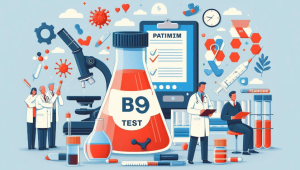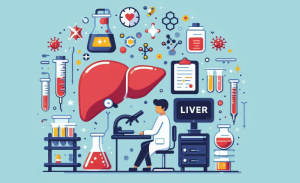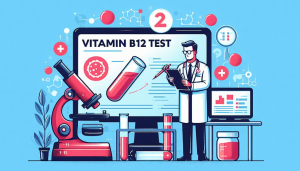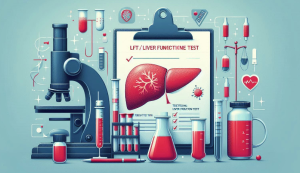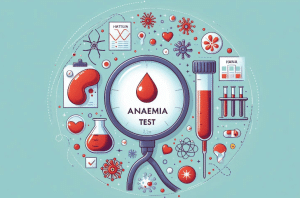What is an Antibody Test?
An antibody test, also known as a serology test, is a blood test that detects the presence and sometimes measures the quantity of antibodies in your blood. Antibodies are proteins produced by your immune system in response to an infection or vaccination. These antibodies help fight off the specific pathogen (bacteria, virus, etc.) they were created to combat.
Why Do You Need an Antibody Test?
Antibody tests are used for various purposes, including:
- Diagnosing past or recent infections: Detecting antibodies specific to a certain pathogen can help determine if you’ve been infected in the past, even if you didn’t show symptoms.
- Assessing immunity after vaccination: Checking for antibodies after vaccination can confirm if your immune system responded and developed protection.
- Evaluating immunity after infection: Measuring antibody levels after recovering from an illness can assess the extent of your immunity.
- Screening for certain diseases: Some antibody tests are used for screening purposes, such as checking for HIV or hepatitis.
- Monitoring autoimmune diseases: These tests can help track the progression of autoimmune diseases and assess the effectiveness of treatment.
What Does an Antibody Test Measure?
An antibody test specifically measures the presence and sometimes the levels of specific antibodies in your blood. These antibodies can be:
- IgG: These are the most common type of antibody and provide long-term immunity.
- IgM: These are produced early in an infection and indicate a recent or current infection.
- IgA: These are found in mucous membranes and help protect against infections in the respiratory and digestive tracts.
- IgE: These are involved in allergic reactions.
Preparing for the Test
Usually, no specific preparation is needed for an antibody test. However, always follow any instructions your healthcare provider gives you.
Understanding the Results
Antibody test results are typically reported as positive or negative.
- Positive result: Indicates that you have antibodies to a particular pathogen, suggesting past infection or vaccination. The level of antibodies can also be measured in some tests, which might provide information about the strength of your immune response.
- Negative result: Suggests that you haven’t been exposed to the specific pathogen or haven’t developed a detectable immune response. However, it’s important to remember that it takes time for antibodies to develop after an infection or vaccination, so a negative result doesn’t always rule out infection.
Risk Factors and Prevention
The need for an antibody test depends on your individual circumstances and potential exposure to specific pathogens. There are no specific risk factors associated with getting an antibody test, as it is a simple blood draw.
Prevention of infections is key to maintaining good health. This includes:
- Vaccination: Getting vaccinated against preventable diseases helps protect you and others.
- Hygiene practices: Washing hands frequently, covering your mouth and nose when coughing or sneezing, and avoiding close contact with sick individuals are essential for preventing the spread of infections.
- Healthy lifestyle: Eating a balanced diet, getting regular exercise, and managing stress can help support a strong immune system.
Remember, antibody tests are a valuable tool for understanding your immune response to specific pathogens. Always consult with your healthcare provider to discuss the appropriate timing and interpretation of antibody test results.

 7351982473
7351982473

